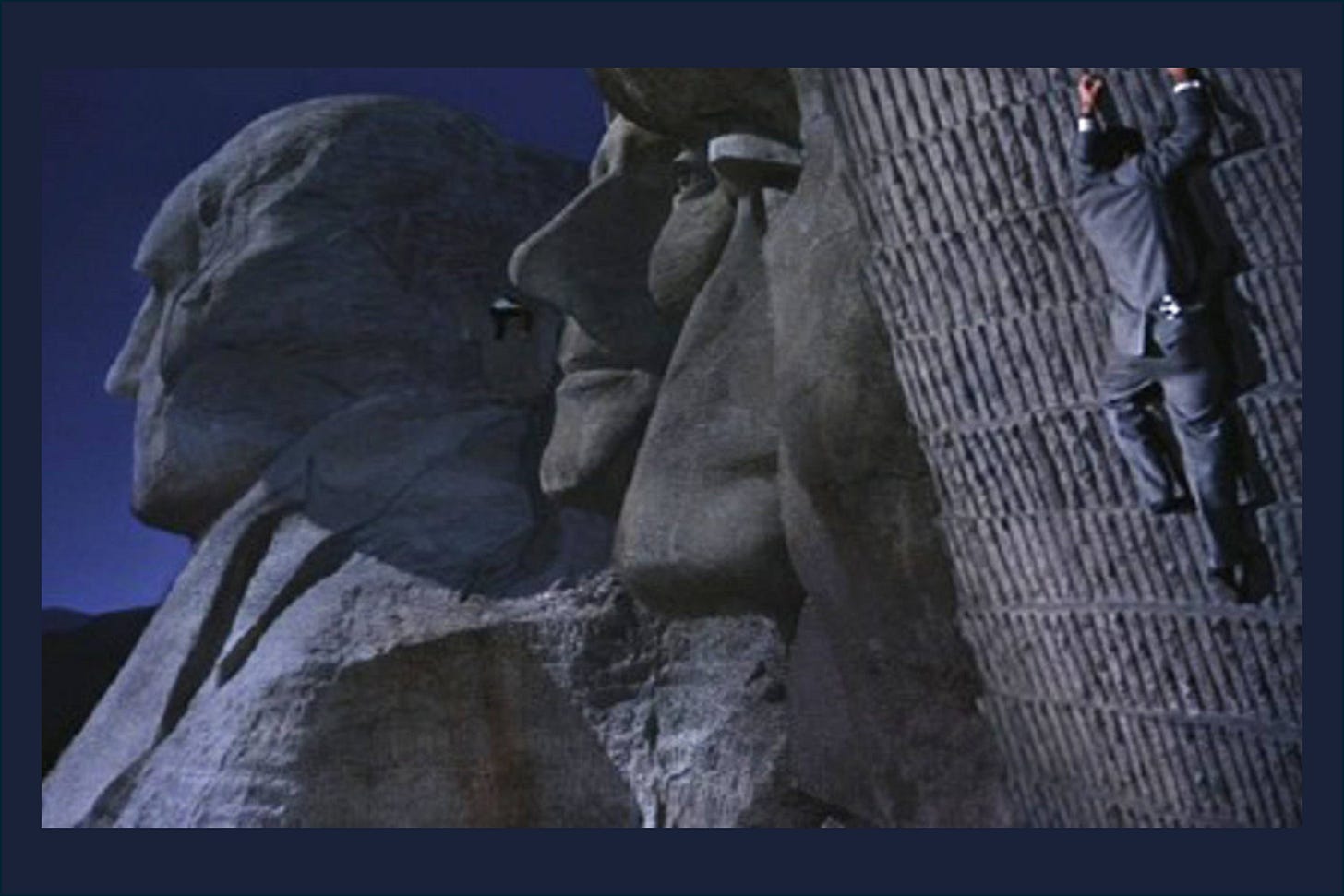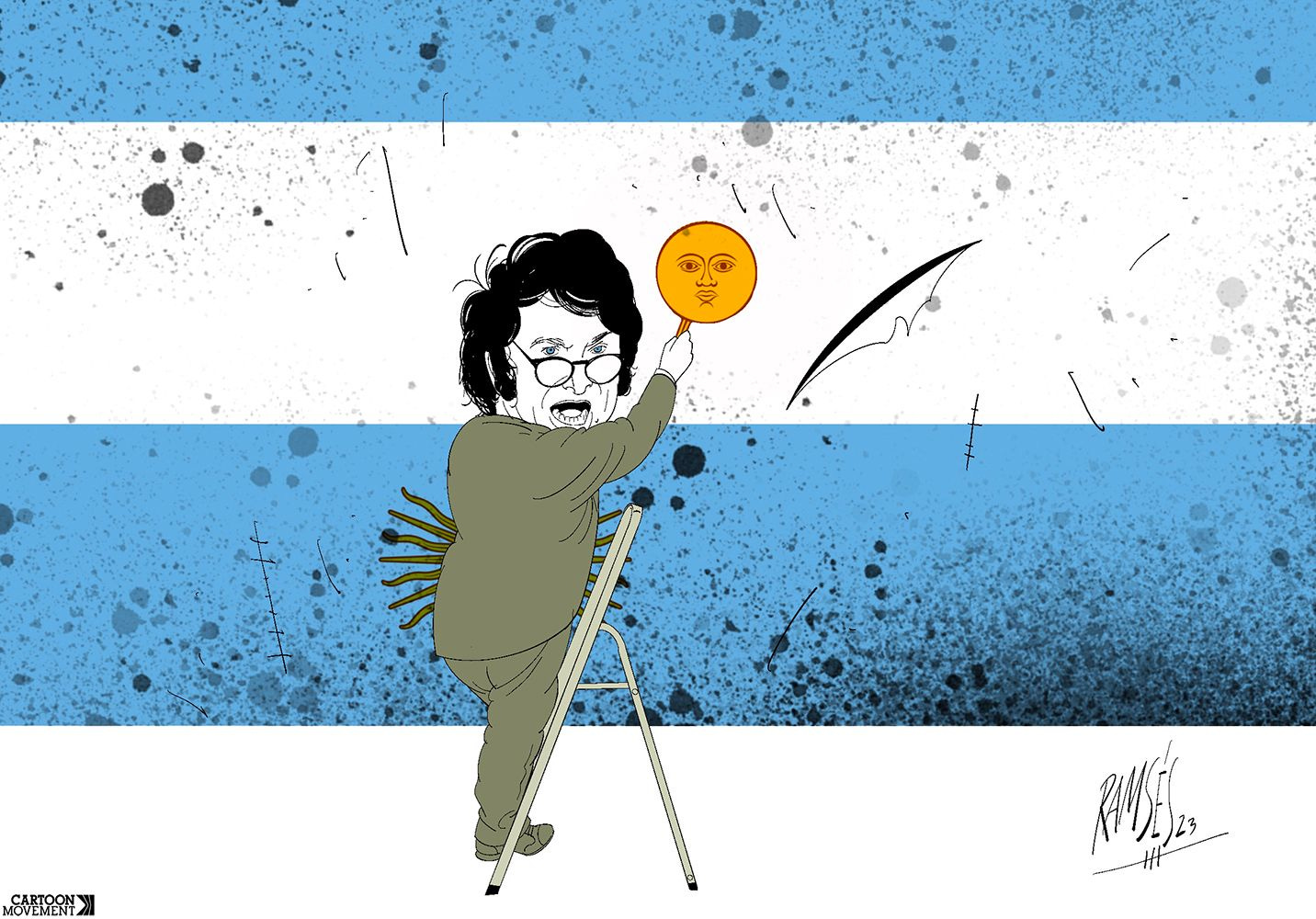Presidential Prodigiousness Potpourri
Additional thoughts on the 2024 "Presidential Greatness Project Expert Survey"
Last week’s piece, “Polls, Pols, and Poli-sci: Extraordinary Scholarly Delusions and the Madness of Experts,” discussed a survey in which 154 putative experts ranked all 45 U.S. presidents according to “greatness.” Somehow, they harnessed all the power of their PhDs to decide that Wilson was fantastic; Harding was horrible; Biden betters Wilson; Trump is worse and more polarizing than any other; Lincoln wasn’t polarizing—and neither is Biden; Garfield’s four months made him greater than Arthur’s three-and-a-half years; the under-appreciated Carter’s malaise and mush were greater accomplishments than Polk’s westward expansion and economic reforms; and Republican experts think Clinton, Wilson, Carter, and Obama were greater than Coolidge.
The items below include some thoughts edited out of “Polls, Pols, and Poli-sci” to reduce verbiage, comments posted below the article by readers and by me, and some discussions that churned up in email exchanges with readers.
MEMBERSHIP HAS BENEFITS
The 154 survey respondent “experts” who showered praise on Woodrow Wilson were all members of the American Political Science Association. Wilson, the only U.S. president with a PhD, was, coincidentally, president of the American Political Science Association.
WISDOM FROM A MORE SOUTHERLY PRESIDENT
Commenting upon the madness of experts discussed in “Polls, Pols, and Poli-sci,” reader Wolfang posted a quote from Argentina’s economist-turned-president, Javier Milei:
“If printing money would end poverty, printing diplomas would end stupidity.”
MOUNT RUSHMORE KINDS OF PRESIDENTS?
In a CBS News interview, Leslie Stahl asked Ex-Speaker Nancy Pelosi whether she personally orchestrated Biden’s ouster. Pelosi said she didn’t “call” anyone (by telephone), and then pivoted to how Biden is a “Mount Rushmore kind of President of the United States.” A clearly bemused Stahl, asked:
“He belongs up there on Mount Rushmore? Lincoln and Joe Biden?”
The seamless zig-zag from (paraphrasing) “did you organize the effort to oust Biden” to “he belongs up there on Mount Rushmore” reminded me that in Alfred Hitchcock’s North by Northwest (1959), Phillip Vandamm (James Mason) thought that Roger Thornhill (Cary Grant) also belonged up there on Mount Rushmore. (See the photo at the top of this essay.)
Pelosi seemed to suggest that Teddy Roosevelt is a lesser figure than Lincoln, thereby justifying the addition of Biden:
“But you’ve got Teddy Roosevelt up there, and he’s wonderful. I don’t say take him down, but you can add Biden.”
Here, Pelosi makes a point that has always intrigued me: how did T.R. make it onto the mountainside alongside Washington, Jefferson, and Lincoln? The older trio were long-dead figures who founded and preserved the U.S. through revolution and civil war. Teddy was a colorful character who had left office less than two decades earlier and had died less than one decade earlier. I had always thought it was near-idolatrous to carve a 60-foot visage of a recent politician on a mountainside. How any of them got there is intriguing; from Wikipedia:
“[Sculptor Gutzon] Borglum rejected [South Dakota historian Doane] Robinson's original plan of depicting characters from the Old West, such as Lewis and Clark, Red Cloud, Sacagawea, John C. Fremont, and Crazy Horse, and instead decided to depict four American presidents: George Washington, Thomas Jefferson, Abraham Lincoln, and Theodore Roosevelt.”
Borglum was not a disinterested figure where T.R. was concerned. They had been friends for years, and Borglum was active in his 1912 presidential campaign. A controversial figure, Borglum intiated the Stone Mountain, Georgia, Confederate Memorial Carving—a project which enmeshed him in Ku Klux Klan circles.
Incidentally, the 2024 Presidential Greatness Survey did ask its respondents who should be the next figure on Mount Rushmore. Franklin Roosevelt attracted a large majority, with Barack Obama a distant second, and a tie for third among Dwight Eisenhower, James Madison, and John Kennedy. If I were to opine, I would agree that FDR is the obvious choice, thanks to his stewardship of World War II, followed by Madison as author of the Constitution, then Eisenhower for his role as Supreme Allied Commander. I’m hard-pressed to name any reason for adding Obama or Kennedy. I wouldn’t argue for Reagan, either, but if you’re looking for an additional face to carve into the mountainside, sweeping away the Soviet Union, the Warsaw Pact, the 1970s economic doldrums, and the Carter-era malaise certainly puts Reagan miles ahead of anything Obama or Kennedy did.
REPUBLICANS FOR FDR?
“Polls, Pols, and Poli-sci” noted how peculiar it is that self-described Republican and Conservative experts rated Wilson, Carter, Clinton, and Obama as greater presidents than Coolidge. In the comments, however, I told one reader that another seemlingly paradoxical pairing was comprehensible:
“[Y]ou might have noticed that it did not surprise me that Republican or Conservative respondents would rate FDR higher than Reagan, even though one can make a strong case (as Amity Shlaes did in THE FORGOTTEN MAN) that FDR's meddlesome economic policies were what deepened and lengthened the Great Depression. I can also look past FDR's upper-crust antisemitism, his blocking the M.S. St. Louis, and his failure to bomb the railways into Auschwitz. As problematic as those things are/were, they don't negate the fact that he was the most remarkable wartime leader in US history. It took Lincoln 2-3 years to assemble a General Staff capable of beating the Confederacy. Roosevelt picked the right Generals and Admirals right from the start and provided them with the tools, the support, and the leeway to do what needed doing. Without his leadership, it's quite likely that the Axis Powers would have won. The premise of THE MAN IN THE HIGH CASTLE [as discussed here] was quite plausible—that a Roosevelt assassination in 1933 would have fatally weakened the Allies' ability to defeat Germany and Japan. For all of his considerable flaws, I have no doubt that he belongs in the Top Five.”
HARDING, COOLIDGE, AND FOREIGN POLICY
Reader Gregory Koster wrote a long, long comment taking exception with a number of my points, and his critique is masterful and well worth the read. My not-quite-as-lengthy response is here. In particular, he took exception with my comment that:
Harding’s appointees (e.g., Calvin Coolidge, Charles Evans Hughes, William Howard Taft, Herbert Hoover, Andrew Mellon) mostly strove to stay out of Americans’ hair.
He singled out Hoover as an egregious meddler in Americans’ lives and well-being. I agree, and responded in part:
“I'm not sure the busybody President Hoover was in full bloom during the Harding Administration. His tendencies were there. (I believe Coolidge disparaged him as ‘Boy Wonder.’) But he was somewhat restrained. … I'll stand by it on Coolidge, Taft, and Mellon. More restrained than predecessors or successors. I probably should have used that wording rather than ‘mostly.’”
Koster also noted some of the disastrous effects of the Harding/Coolidge foreign policy, and I do not disagree with him. I simply say that the effects were not as disastrous as Wilson’s (and, for that matter, Hoover’s and the early FDR’s machinations).
He also noted that Andrew Johnson was likely as racist as Woodrow Wilson, to which I responded:
“Good point on Andrew Johnson, though I don't think he was as far out of the mainstream as Wilson was. Johnson mostly prevented improvements. Wilson reversed prior improvements.”
But to repeat, this reader offered one of the strongest critiques I’ve received in a while—for which I’m grateful.
BIDEN VERSUS BEGIN
Last week’s article shared a Menachem Begin’s well-known response to Joe Biden’s threats reagarding aid to Israel in 1982. Reader Barry Anderson commented:
“On the quote attributed to Israeli PM Begin, there is some debate as to exactly what was said in the closed door session—Historian Tevi Troy mentions this in his WSJ article on November 19, 2020, ‘When Biden met Begin.’ https://www.wsj.com/articles/when-biden-met-begin-11605828020. It certainly sounds like Begin.”
Tevi is a friend of mine, and his articles and books on presidents are always worth reading.
ON “METHODOLOGY”
Having read the New York Times article on the survey, a friend asked me:
“A poll of [154] political scientists ranked all 45 presidents from best to worst, and Trump came out last. I’m not arguing with their findings, but I didn’t see a whole lot of mention of the methodology. Any idea what criteria they might use, or how they’d decide whom to ask?”
His email prompted me to think up some parallel and equally informative hypothetical queries:
A poll asking 154 Baptist preachers to rank Biblical figures found that Jesus Christ was #1, whereas Satan came in last. Do you know anything about their methodology or how they chose which preachers to ask?
A poll asking 154 Ku Klux Klan and Nation of Islam members to rank religions found that Judaism came in last. Do you know anything about their methodology or how David Duke and Louis Farrakhan decided which of their followers to poll?
A poll asking 154 high school kids at a country club mixer to rank their classmates in terms of awesomeness. They voted Sophia M as Most Awesome and the totally cringe Jared R as the Absolute Worst Cringe Ever. Do you know what methodology they used, or which kids were invited to participate?
As I noted in last week’s piece, expert rankings often tell you much about the experts filling out the surveys and relatively little about the subjects they are ranking.
THE PRESIDENTS SPEAK!!!
We can only speculate about the voices of the first 21 presidents, as sound recording had not yet been invented in their times. Beginning with the 32nd president, Franklin Roosevelt, all president’s voices are familiar to any casual student of American history. However, while sound recordings exist of the nine presidents between (Harrison, Cleveland, McKinley, Teddy Roosevelt, Taft, Wilson, Harding, Coolidge, and Hoover) they aren’t well-known, even to lifelong political junkies like me.
The above video offers the voices of all presidents since Harrison, and you’ll find those nine unfamiliar ones in the first six minutes. I’ve heard them all before, but they still surprise me.
The earliest ones (Harrison, Cleveland, McKinley, and Teddy Roosevelt) have an antique, exaggerated, stentorian, Wizard of Oz quality to them—shouted and blustered. Taft, Wilson, Harding, Coolidge, and Hoover have stock-character, central-casting voices from mid-century films—Taft’s and Harding’s folksy Midwestern manner, Wilson’s high-flying professorial voice, Coolidge’s near-comically stereotypical Veh-mont fah-mah accent, and Hoover’s high-pitched Midwestern salesmanlike cadence.
The rest of the video includes all the subsequent presidents, with FDR briefly returning us to Wizard of Oz mannerisms, and then the familiar modern voices from Truman to Biden.








I disagree with your point on FDR being a great war commander. He may have had a firm grasp on strategy dealing with his enemies, but he was disastrously naive about his allies. As is brilliantly explained in Sean McMeekin's book "Stalin's War", Roosevelt played right into Stalin's hands. He snubbed Churchill and courted Stalin. Through his policies, he allowed Stalin to gain control over eastern Europe after the war. Also, through Roosevelt's appointees in the lend lease program, especially the known Soviet pawn Harry Hopkins, Soviets were allowed to gain access to United States war equipment and technology, a history affecting mistake. I would highly recommend the book, as it shows the war in a whole new light.
On another note, I certainly agree with you about Coolidge and Polk. I have recently come across this newsletter and heartily enjoy your writing. Keep on!
Re Cary Grant: I read a comment somewhere that Pelosi wanted to put Biden on Mt. Rushmore -- and leave him there.